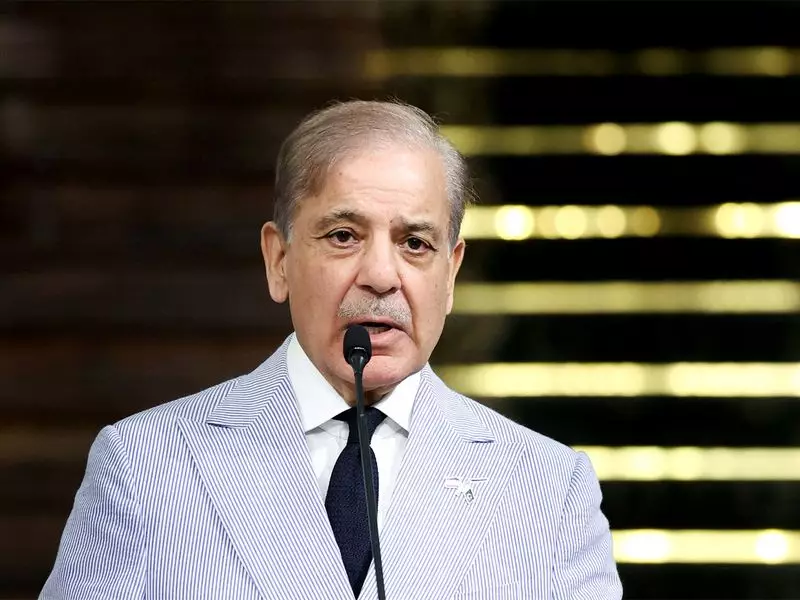
Former Pakistani senator Farhatullah Babar has launched a scathing criticism against recent constitutional amendments, describing them as creating a 'Militarised Constitution 2025' that was passed by an unelected parliament. The prominent human rights activist and former lawmaker expressed grave concerns about the future of democracy in Pakistan following these constitutional changes.
What the Constitutional Amendments Entail
The controversial amendments were passed during what Babar characterized as a 'constitutional coup' that occurred while the country was governed by a caretaker setup. The former senator specifically highlighted amendments to Article 6 of the Constitution, which deals with high treason, arguing that these changes have effectively provided immunity for those who previously abrogated the constitution.
Babar emphasized that these constitutional changes were implemented by a parliament that lacked democratic legitimacy, as it was formed through what he described as 'selection, not election.' The amendments have raised serious questions about the future of constitutional governance in Pakistan and the balance of power between civilian and military institutions.
Historical Context and Political Implications
The former senator drew parallels between the current constitutional amendments and Pakistan's troubled history with military interventions. He pointed out that the country has experienced three direct military coups in its history, but the current situation represents a more sophisticated approach to constitutional engineering that achieves similar outcomes through legal means.
Babar particularly criticized the timing of these amendments, noting they were pushed through during a period of political transition when proper parliamentary scrutiny was impossible. The changes come at a time when Pakistan continues to grapple with political instability and economic challenges that have plagued the nation for years.
International Reaction and Future Concerns
The former lawmaker's strong condemnation has drawn attention to Pakistan's democratic processes at a time when the country is seeking international support for its economic recovery. Babar warned that these constitutional amendments could have long-term consequences for Pakistan's international standing and its relationship with democratic nations worldwide.
Human rights organizations and democracy advocates are closely monitoring the situation, concerned that these changes might undermine civilian supremacy and democratic institutions in Pakistan. The amendments represent what critics see as an ongoing struggle between democratic forces and those seeking to institutionalize military influence in governance structures.
As Pakistan moves forward, the debate around these constitutional changes is likely to intensify, with opposition parties and civil society organizations preparing to challenge what they view as an undemocratic restructuring of the country's fundamental law. The situation continues to develop as political forces regroup and consider their responses to these significant constitutional alterations.





